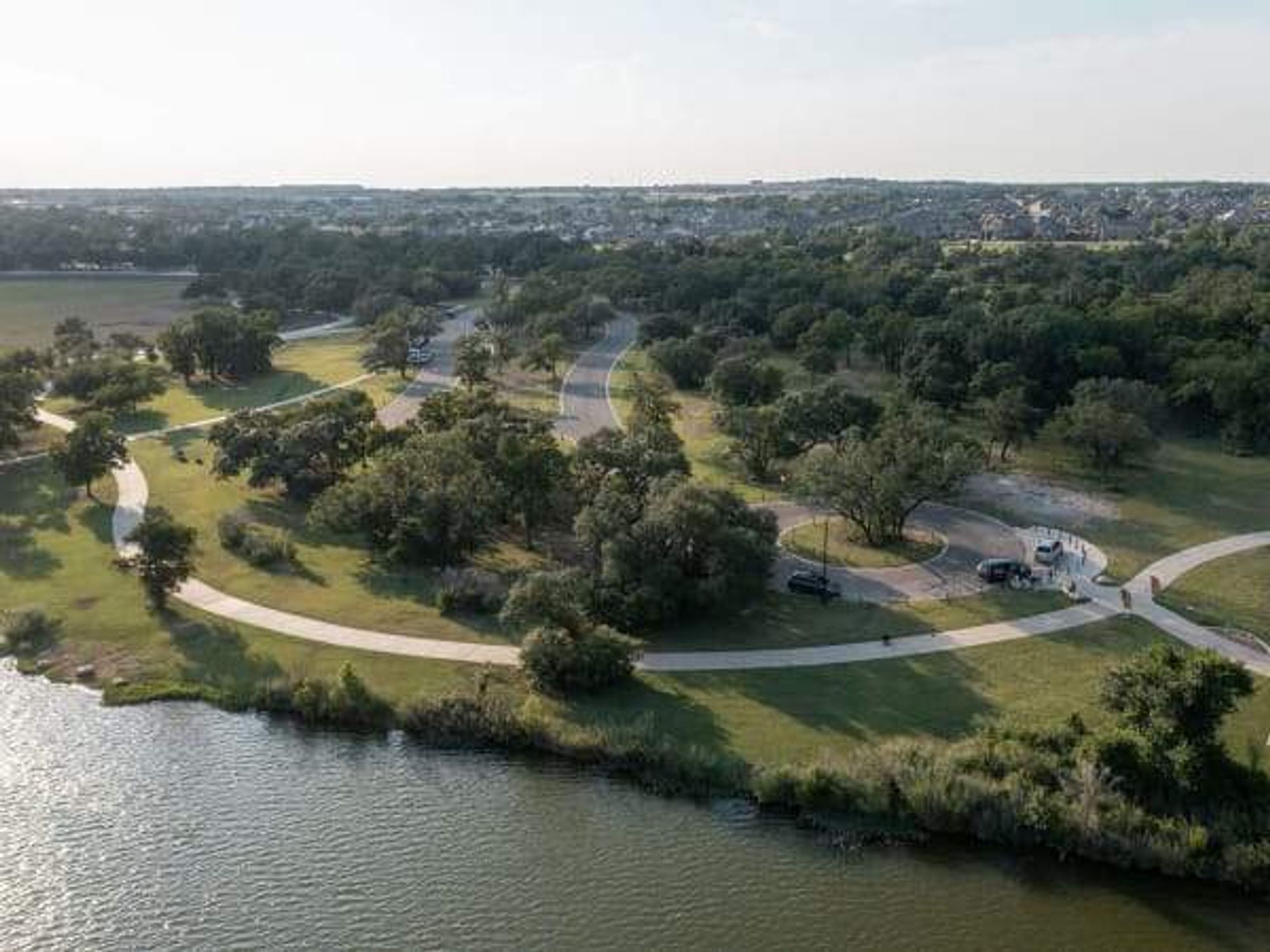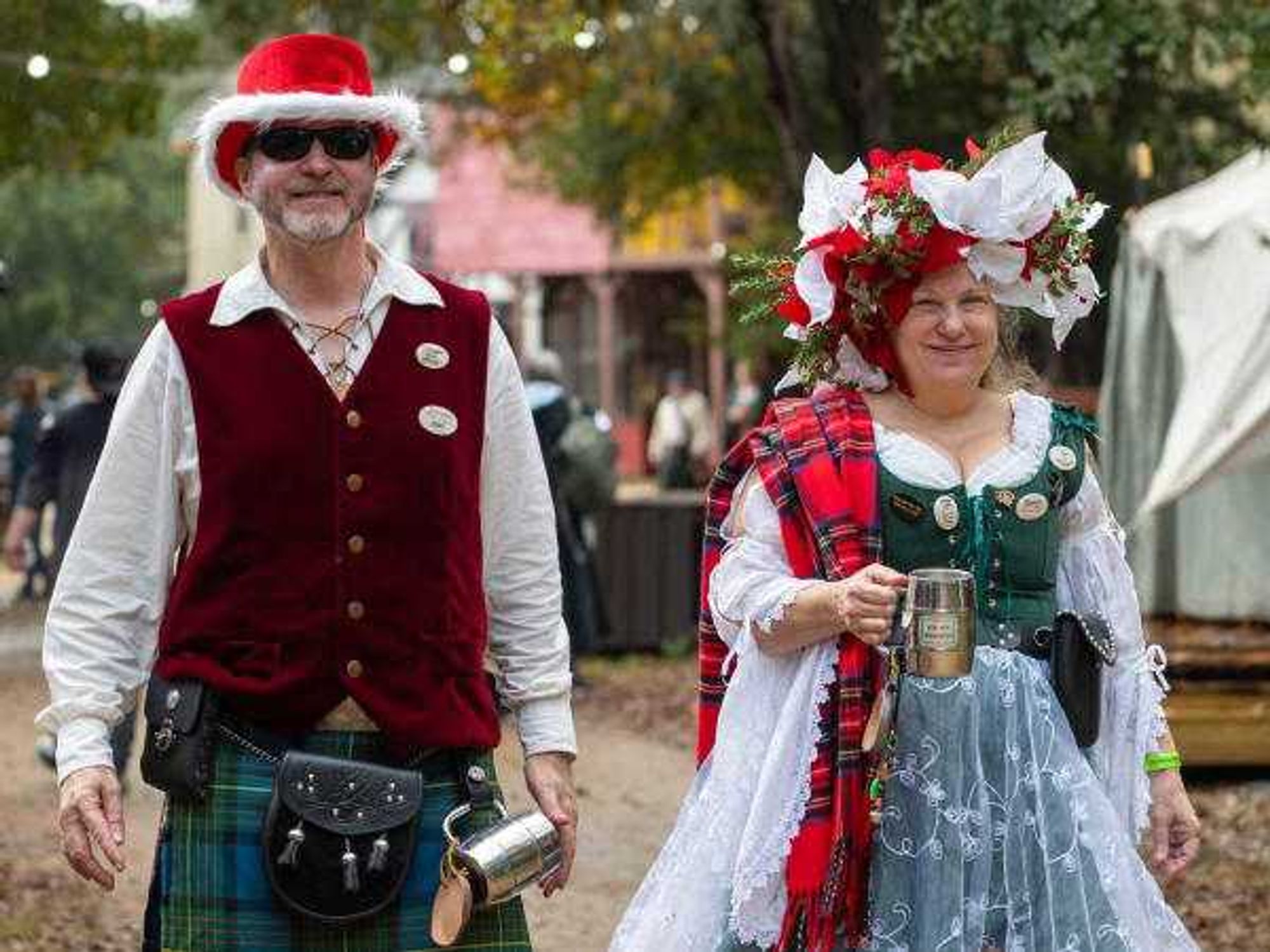Gay vs. Queer
Gay or Queer: We're Here, but we're unsure what you should call us
Austin is already a pretty segregated town, and we seem to be drawing more lines every day. The rainbow flags outside of Oilcan Harry's unofficially claim the block as Austin’s gayborhood. But it seems some LGBTQIA (apologies to the letters I have omitted) communities have claimed East 6th as their havens, as trust fund kids and 30-somethings who managed to keep their tech jobs continue gentrifying the east side.
Often, someone who is comfortable with “gay” as an identifier will be uncomfortable with the seemingly pejorative “queer.” Conversely, people who claim “queer” to describe their identities resent the white, middle-class, male connotations of “gay.” Despite both groups disidentifying with the other, Austin gay/queer folk need solidarity among the letters in the LGBTQIA acronym.
“I feel like we should get over the differences and, like the organization hosting this event, UNITE.”
The tension between the 4th street gays and the east side queer communities reached critical mass for Jeremy von Stilb, whose organization UNITE co-hosted a roundtable discussion along with Southern Queer Zine, Sir/Ma’am about the community’s preferred terms. More people came to Cheer Up Charlie’s back patio than they had expected, maybe, because von Stilb justified the event’s late start with pseudo-technical problems. “We’re waiting for a lawyer to leave so we can use the microphone.” Perfect.
Unsurprisingly, consensus was not reached but everyone got a pretty great education. Von Stilb explained that in organizing meetings with Out Youth coordinators, he used “gay” as a blanket term for everyone UNITE would serve. The Out Youth worker corrected him, “you keep using the word ‘gay.’ You need to either use GLBT or Queer. ‘Gay’ makes me feel like it’s just for men.” In another context, someone who identifies as "queer" chastised von Stilb for using the term "gay" and told him “we’re just from different tribes.”
Stiles Low of Sir/Ma’am (who identifies as “someone who’s trying to figure stuff out”) asked the group attending the roundtable, “how is ‘queer’ inclusive of gays and lesbians? And how are ‘gay’ and ‘lesbian’ inclusive of people who identify as ‘queer?’” The answers came from both sides.
On one hand, “queer” got googled about a dozen times throughout the night. A pretty standard definition reads “strange or odd; of a questionable nature,” which Colt Woods of Going Up Day strongly resented and read aloud several times. He saw queer as a splintering of the community, “I feel like we should get over the differences and, like the organization hosting this event, UNITE.”
Dana, who sat clear across the patio from me, said when she tries to drag friends of hers to her favorite gay bar, Charlie’s, they assume she means Cheer Up Charlie’s. “‘Lesbian’ and ‘gay’ are used in such withering tones now. ‘That’s so lesbian.’ Or ‘Charlie’s is gay. Let’s go to Cheer Up Charlie’s.’”
There was, of course, little agreement over the shorthand that we should use when referring to each other. Adding to the alphabet soup seemed to be the best bet for the nonprofits in the room that sought to serve the growing and splintering LGBTQIA communities.
Despite some slight alienation and awkward learning moments, I hope to see more of this kind of event in Austin since the organizers and the attendees were visibly energized about the possibility of more cohesive and representative LGBTQIA communities. Austin boasts an impressive group of idealistic activists, some identify as gay, some queer, all of whom envision a better-engaged and stronger LGBTQIA presence.

 Participants at the inaugural Yuletide Festival. Photo courtesy of Sherwood Forest Faire
Participants at the inaugural Yuletide Festival. Photo courtesy of Sherwood Forest Faire